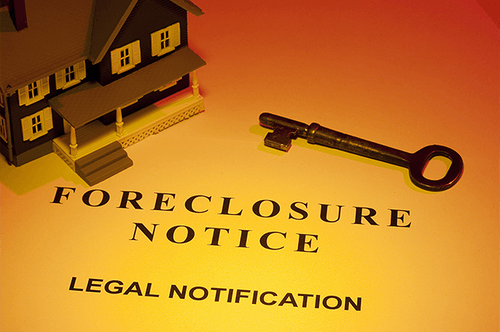If you’re facing foreclosure on your home, it’s important to understand the different types of foreclosure actions that may be taken by your lender. In the United States, there are two main types of foreclosure actions: judicial foreclosure and non-judicial foreclosure. In this blog post, we’ll take a closer look at each type and explain the key differences between them.
Judicial Foreclosure
Judicial foreclosure is a legal process that involves filing a lawsuit in court against the borrower who is in default on their mortgage. The lawsuit seeks to obtain a court order for the sale of the property to pay off the outstanding mortgage debt. The court oversees the foreclosure process and ensures that all legal requirements are met.
In a judicial foreclosure, the lender must prove that the borrower is in default and has failed to cure the default despite receiving notice. The borrower has the right to contest the foreclosure in court and maybe able to negotiate a resolution with the lender.
One of the benefits of judicial foreclosure for the borrower is that it provides a greater level of protection against foreclosure. The court oversees the process and ensures that the borrower’s rights are protected. However, the process can be lengthy and expensive, and it may result in a deficiency judgment against the borrower if the sale of the property does not cover the outstanding mortgage debt.
Non-Judicial Foreclosure
Non-judicial foreclosure is a process that does not involve court action. Instead, it is governed by state laws that outline the procedures that must be followed. Non-judicial foreclosure typically involves the lender sending a notice of default to the borrower, followed by a notice of sale. The property is then sold at a public auction to the highest bidder.
One of the benefits of non-judicial foreclosure for the lender is that it is generally a quicker and less expensive process than judicial foreclosure. However, it provides less protection for the borrower, who may have limited recourse if they believe the foreclosure was unfair or unlawful.
In some states, both judicial and non-judicial foreclosure maybe available as options for lenders, while in others, only one type offoreclosure may be allowed.
Which Type of Foreclosure Action is Right for You?
The decision to pursue a judicial or non-judicial foreclosure action depends on a variety of factors, including the state laws where the property is located, the terms of the mortgage agreement, and the circumstances of the borrower. If you’re facing foreclosure, it’s important to consult with an experienced foreclosure attorney who can help you understand your rights and options.
In conclusion, judicial and non-judicial foreclosure actions are two different processes that lenders may use to repossess a property when a borrower is in default. Both types have benefits and drawbacks, and the decision to pursue one over the other depends on a variety of factors. If you’re facing foreclosure, it’s important to seek legal advice to understand your rights and options.

